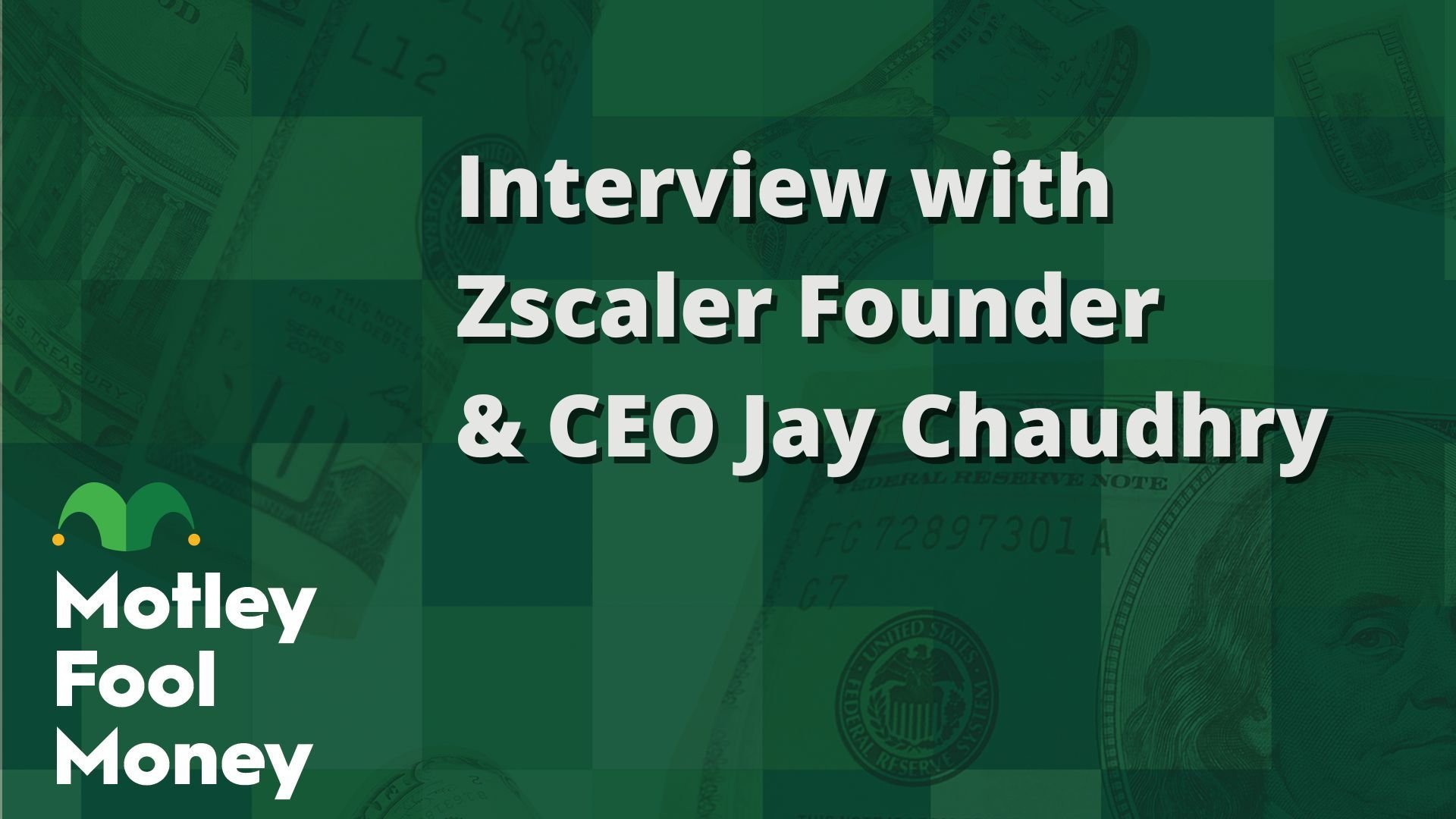Cybersecurity software has been one of the hottest investment themes of the last couple years. As companies migrate their operations to the cloud, they need new security services to keep their data and processes safe.
As a result, cloud-based cybersecurity leader Zscaler (ZS 0.31%) has enjoyed a resurgent revenue growth rate since the pandemic started. Because of its enduring expansion, shares are beginning to recover after a brutal sell-off during this year's bear market. Before getting too excited, though, consider one glaring issue with the company: stock-based compensation.

NASDAQ: ZS
Key Data Points
A plague for shareholders of tech companies?
It's become a standard practice to dole out stock-based compensation to employees at tech companies. Some investors bemoan the practice, and often for good reason. Issuing new stock dilutes the ownership of the company for shareholders. However, the argument can also be made that stock-based compensation is a necessary part of a company's culture, as it helps with recruiting and retaining top talent, not to mention helps an upstart company hold onto its precious cash as it expands.
Given how tight the labor market is for software engineers and the like, it's no surprise that Zscaler falls into this camp of stock-based compensation users.
But Zscaler pays an exceptionally high rate of stock-based comp -- $430 million to be exact in fiscal year 2022 (the 12-month period ended July 2022). $430 million represented a whopping 39% of total revenue last year! Suffice to say that's a big number, even for a company like Zscaler that grew sales 62% in fiscal 2022. This was one of the reasons I moved on from Zscaler stock back in early 2020.
Of course, Zscaler stock-comp awards aren't static. As a company grows, the natural effect is stock dilution decreases over time. In fact, I think this will be very necessary moving forward. After a boom in cloud sales the last two years, this hot cybersecurity company is showing signs of cooling off once more. For fiscal 2023, Zscaler expects revenue to increase "only" about 37%. Perhaps management is being conservative and it will top that estimate. However, even with such a fast growth rate, Zscaler's free cash flow-per-share growth (a metric that backs out the effects of stock-based comp) will slow even more dramatically with a high rate of stock dilution like it just handed out.
Focus on the long term, but monitor the situation closely
There's one caveat to this discussion, though. $430 million given in stock awards is a big number, but Zscaler fetches a high valuation. Its market cap currently stands at $27.5 billion. So while stock-based comp might have been high compared to revenue in fiscal 2022, it wasn't so dramatic a percentage of the total market valuation.
The result, using revenue-per-share and free cash flow-per-share, is a company that is still delivering increasing value to its shareholders. This is especially the case in free cash flow, which went from a negligible amount just a couple years ago to a healthy free cash flow profit margin of 21%.
Data by YCharts.
The decision now facing investors is whether they think a company with potentially slowing growth rates is worth buying right now. Zscaler currently trades for over 115 times enterprise value to trailing 12-month free cash flow. Don't get me wrong, this company has tremendous long-term potential, so it rightly deserves a premium valuation. However, if Zscaler is in for a big slowdown in fiscal 2023, I think there are other better buys in cybersecurity out there -- like fellow cloud-based security software company CrowdStrike (CRWD 0.72%), or "legacy" cybersecurity companies like Palo Alto Networks (PANW +0.44%) and Fortinet (FTNT 0.38%).
If you decide to buy Zscaler right now, I'd urge caution. Consider adding to a position over time by buying small blocks of shares, as this is sure to be a bumpy ride going forward given the high price tag.






